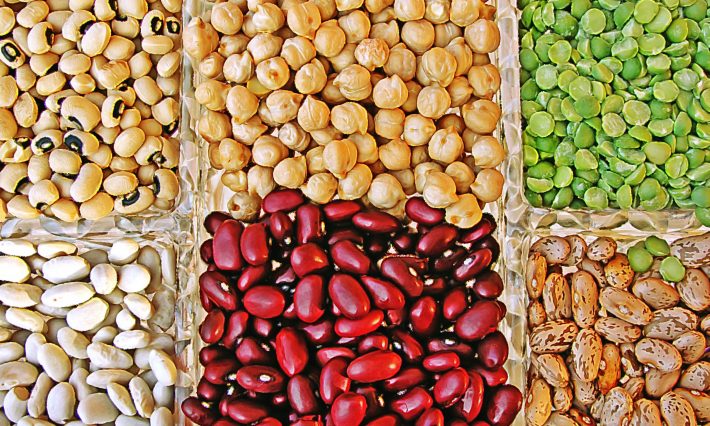Healthier diets for disadvantaged communities in England would also benefit the environment
A large scale transition to healthier diets in England, particularly for disadvantaged communities, could deliver a win-win for people and nature according to new preliminary research being presented at the British Ecological Society’s Annual Meeting in Belfast.

Early findings from the Food Systems Equality project (FoodSEqual) at the University of Reading has found that food production in England that aligns with healthier diets desired by disadvantaged communities, will increase soil organic carbon and reduce total amount of nutrients in freshwater.
The researchers say that by incorporating the dietary aspirations of disadvantaged communities and environmental impacts into food production models, we can make our future food systems socially, economically and environmentally sustainable.
There is potential for land use strategies to better take advantage of these aspirational diets
Dr Gabriel Yesuf, a landscape ecologist from the University of Reading who will present the research at the British Ecological Society Annual Meeting in Belfast, said “Our study suggests aspirations of vulnerable communities for more healthy diets such as more legume-based snacks in place of potato-snacks, which could also help to deliver long-term environmental sustainability.
“Initial findings show that there is potential for land use strategies to better take advantage of these aspirational diets, such as increased legume crops, which could in turn improve soils in intensive food production systems.”
The FoodSEqual project aims to address the cost-of-living crises and recent disruption to food supply chains by using community engagement and environmental modelling to identify priorities for healthy diets and determine how to deliver these in a way that is not adverse to the environment.
The project is first looking at local scales in select disadvantaged communities in the South of England but then plans to expand to national and global scales.
This part of the project used community engagement to identify what kinds of healthier food choices people want, in this case less potato and more legume-based snacks, and then used modelling to determine the environmental impacts of England shifting agriculture to produce these foods.
Gabriel Yesuf will present the work at the British Ecological Society annual meeting. This work is currently unpublished. This conference will bring together over 1300 ecologists to discuss the latest breakthroughs in ecology.
BES 2023
The British Ecology Society Annual Meeting will take place at Belfast ICC from 12 – 15 December 2023. The conference will feature the latest ecology and the environmental research, a public event on navigating the climate and biodiversity crisis on the island of Ireland and keynote talks from eminent ecologists and conservationists.
Like what we stand for?
Support our mission and help develop the next generation of ecologists by donating to the British Ecological Society.